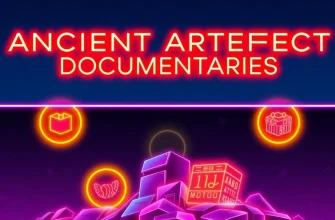- The Mystery of the Maya (1995)
- Engineering an Empire (2005)
- Ancient Discoveries (2003)
- The Pyramid Code (2009)
- The Story of Maths (2008)
- Secrets of Lost Empires (1997)
- The Lost City of Petra (2010)
- The Great Wall of China (2015)
- The Lost City of Gold: The Quest for El Dorado (2002)
- The Secret History of the Roman Roads (2016)
Delve into the past with our handpicked selection of documentaries that shed light on the incredible technological advancements of ancient civilizations. From the pyramids of Egypt to the aqueducts of Rome, these films offer a fascinating glimpse into how our ancestors engineered solutions that still amaze us today. This collection not only entertains but also educates, providing insights into the ingenuity and resourcefulness of ancient societies, making it a must-watch for history buffs, engineers, and anyone curious about the roots of modern technology.
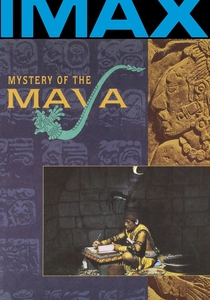
The Mystery of the Maya (1995)
Description: This film explores the advanced calendar systems, astronomy, and architecture of the Maya civilization, revealing their sophisticated understanding of time and space.
Fact: The documentary was filmed on location in the Yucatan Peninsula, providing authentic visuals of Mayan ruins.
 30 Days Free
30 Days Free
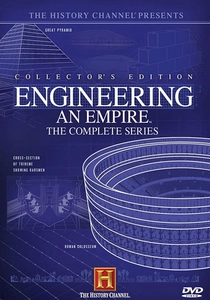
Engineering an Empire (2005)
Description: This series covers the engineering achievements of various ancient empires, with episodes on Rome, Greece, and Egypt.
Fact: The show uses CGI to illustrate how ancient structures were built, giving viewers a visual understanding of the process.
 30 Days Free
30 Days Free
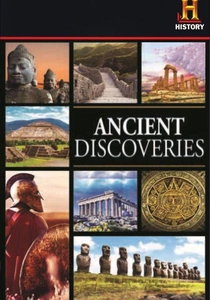
Ancient Discoveries (2003)
Description: A series that uncovers the technological prowess of ancient civilizations, from Greek fire to the Antikythera mechanism.
Fact: The show uses modern technology to recreate and test ancient inventions, providing a bridge between past and present.
 30 Days Free
30 Days Free
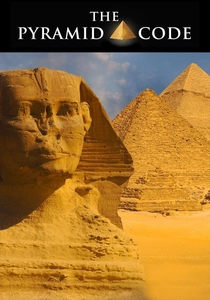
The Pyramid Code (2009)
Description: This documentary explores the mysteries of the pyramids, suggesting they were not just tombs but part of a much larger technological and spiritual system.
Fact: The film was produced by a team of archaeologists, historians, and Egyptologists, providing a comprehensive look at pyramid construction techniques.
 30 Days Free
30 Days Free

The Story of Maths (2008)
Description: While not exclusively about technology, this documentary series explores the mathematical foundations that underpinned many ancient technological developments.
Fact: Presented by Marcus du Sautoy, the series travels worldwide to uncover the history of mathematics.
 30 Days Free
30 Days Free

Secrets of Lost Empires (1997)
Description: This series by NOVA investigates how ancient civilizations built their monumental structures, including the Roman Colosseum and the Inca's Machu Picchu.
Fact: The documentary features hands-on experiments to recreate ancient building techniques, offering a practical understanding of ancient engineering.
 30 Days Free
30 Days Free

The Lost City of Petra (2010)
Description: This documentary delves into the architectural marvels of Petra, exploring how the Nabataeans managed water and carved their city into the rock.
Fact: Petra was rediscovered by the Western world in 1812, but this film reveals the city's technological secrets that were hidden for centuries.
 30 Days Free
30 Days Free

The Great Wall of China (2015)
Description: An in-depth look at the construction of the Great Wall, exploring the engineering feats and the human cost behind this monumental project.
Fact: The documentary features interviews with historians and engineers who discuss the logistics and technology used in building the wall.
 30 Days Free
30 Days Free

The Lost City of Gold: The Quest for El Dorado (2002)
Description: Investigates the legend of El Dorado and the technological advancements of the Muisca people in pre-Columbian Colombia.
Fact: The film includes interviews with indigenous people who share oral histories about the lost city.
 30 Days Free
30 Days Free

The Secret History of the Roman Roads (2016)
Description: This documentary uncovers the engineering genius behind the Roman road network, which was crucial for the empire's expansion and administration.
Fact: The film features a journey along the Via Appia, one of the oldest and most important roads built by the Romans.
 30 Days Free
30 Days Free






